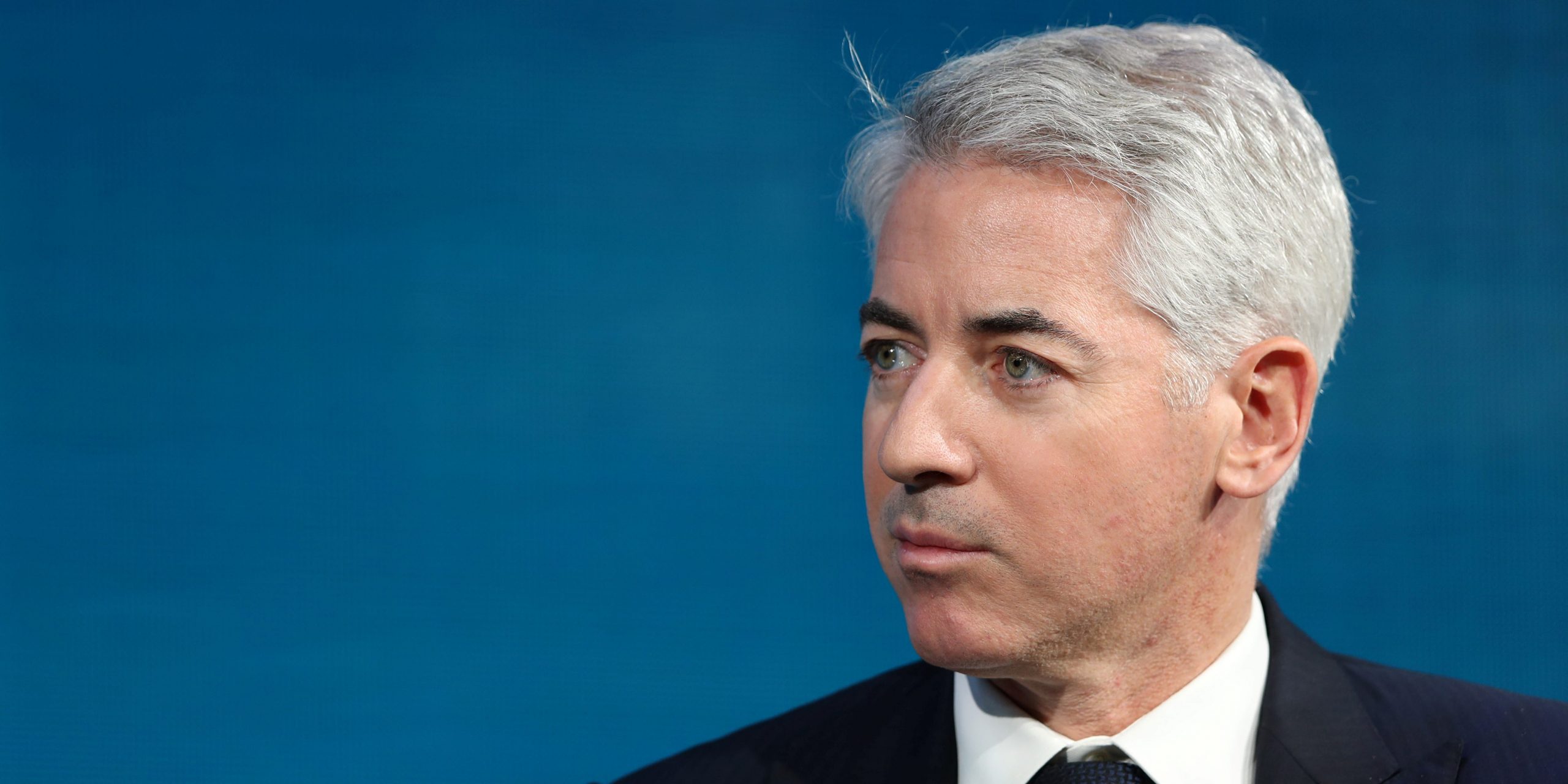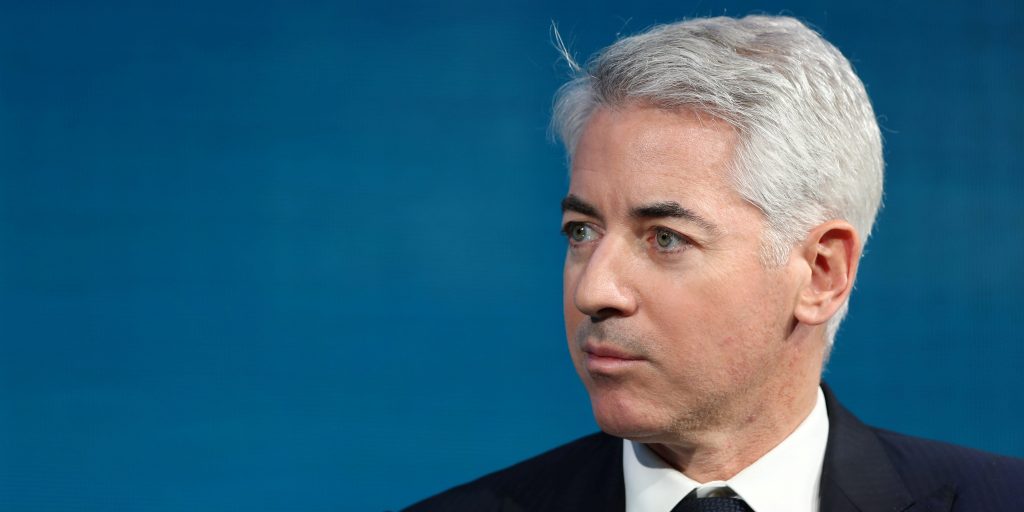
- Bill Ackman turned about $200 million in pandemic-related bets into payoffs totaling nearly $4 billion, according to the WSJ.
- In early 2020, he put $27 million into instruments that would pay off if corporate bonds tumbled in value.
- As 2020 ended, he spent $177 million on options linked to Treasury bonds that would pay off if rates rose over 18 months.
- Sign up here for our daily newsletter, 10 Things Before the Opening Bell.
Billionaire investor Bill Ackman turned about $200 million in complex, pandemic-related bets into payoffs totaling nearly $4 billion, The Wall Street Journal reported Monday.
The first bet happened early on in the pandemic. The CEO of Pershing Square Capital Management in February 2020 invested $27 million into instruments that would pay off if corporate bonds tumbled in value, the WSJ said.
Ackman then sold his position a few weeks later for $2.6 billion after investors realized that companies affected by the crisis might not be able to pay off their debts.
The second bet occurred as 2020 was winding down. This time, he assumed consumer spending would soar, stoke high inflation, and prompt the Federal Reserve to respond with rate hikes to cool prices.
So Ackman spent $177 million on options linked to Treasury bonds that would pay off if interest rates rose over the next one and a half years, the WSJ reported, citing investor documents and sources.
Around March 2021, the investment had already more than tripled. And as investors grew more concerned about surging inflation, his stake just kept increasing in value.
He began selling his position days before the Federal Reserve signaled on January 26 a more hawkish stance on rate hikes this year, and had already netted $1.25 billion in profits ahead of the big market swings that followed Chairman Jerome Powell's press briefing.
Ackman then plowed the profits into new post-pandemic bets. He spent the majority to buy 3.1 million Netflix shares worth $1.1 billion, saying the streaming service looked "extraordinarily attractive."
As for the rest, the WSJ said the CEO invested in a smaller bet that interest rates will keep going up.

